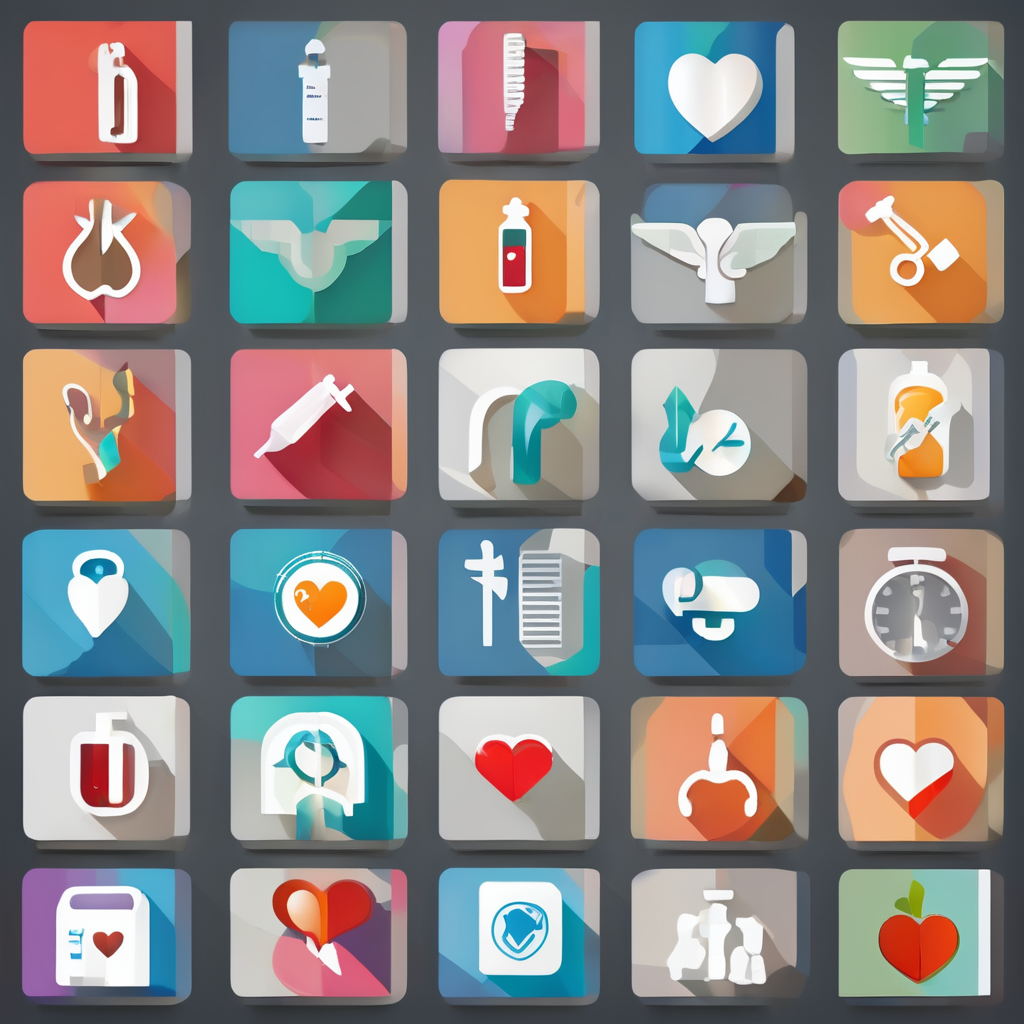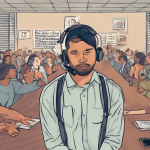Anxiety affects millions, disrupting daily life and well-being. Understanding how to manage it effectively requires more than quick fixes—it demands practical strategies grounded in science. By applying proven techniques and building psychological resilience, you can gain meaningful control over anxiety. Explore actionable tips and expert insights to transform your approach, making relief accessible and lasting.
Actionable foundations for managing anxiety
Mastering anxiety management strategies begins with understanding the core principles that support effective relief. Successful anxiety management hinges on recognizing triggers, practicing consistent coping methods, and fostering self-awareness. These foundations empower individuals to respond to anxiety episodes rather than react impulsively.
This might interest you : Cultivating feelings: how performing arts shape emotional growth in kids
When seeking effective anxiety relief, immediate techniques are essential. Simple breathing exercises, such as deep diaphragmatic breathing, reduce physical tension rapidly. Grounding methods, like focusing on sensory input or naming objects around you, help shift attention away from overwhelming thoughts. These practical anxiety tips deliver quick benefits by interrupting anxiety cycles.
To sustain progress, integrating anxiety management strategies into daily routines transforms short-term relief into lasting resilience. Regular mindfulness sessions, scheduled physical activity, and setting aside time for relaxation are proven ways to lower baseline anxiety levels. Embedding these habits creates a stable framework that supports ongoing emotional balance.
Also to read : Overcoming anxiety: your ultimate guide to effective management
For anyone exploring practical anxiety tips, consistent application combined with self-compassion offers the best path forward. Recognizing that managing anxiety is an evolving process ensures patience and openness to adapt techniques as needed. Resources like anxietychecklist.com further expand practical tools tailored to individual needs.
Proven evidence-based methods for anxiety control
Effective strategies grounded in research
Cognitive behavioural therapy for anxiety (CBT) stands as a cornerstone among evidence-based anxiety techniques. It targets the underlying patterns of negative thinking and behavioural responses that fuel anxiety. CBT operates by helping individuals recognize, challenge, and reframe distorted thoughts, while gradually exposing themselves to anxiety-provoking situations to build resilience.
Mindfulness practices complement CBT by cultivating nonjudgmental awareness of the present moment, which decreases rumination and stress. These science-backed anxiety methods focus on breathing exercises, body scans, and mindful observation to steady emotional responses.
To implement these approaches:
- Start with identifying anxious thoughts and writing them down.
- Challenge these thoughts by asking: “What evidence supports or contradicts this?”
- Practice gradual exposure to feared scenarios, increasing tolerance over time.
- Incorporate daily mindfulness exercises of 5 to 10 minutes, focusing on breath or sensations.
- Track progress and setbacks to adjust techniques accordingly.
Experts highlight why these methods work: they modify brain pathways involved in anxiety through repeated, controlled practice and enhance coping skills. The structured nature of CBT paired with mindfulness’ emphasis on acceptance offers a comprehensive toolkit for managing anxiety effectively.
For further in-depth strategies on science-backed anxiety methods and cognitive behavioural therapy for anxiety, resources like anxietychecklist.com provide extensive guides and support.
Psychological tips for long-term resilience
Building psychological resilience is essential for effective long-term anxiety management. To sustain progress, developing robust coping skills helps individuals navigate stressors without reverting to anxious patterns. Central to this process are strategies like mindfulness, cognitive restructuring, and consistent self-reflection.
Mindfulness is a powerful tool for enhancing long-term anxiety management. By fostering present-moment awareness, it reduces rumination and helps individuals observe their anxious thoughts without judgment. Incorporating this practice daily builds resilience by training the mind to remain grounded despite challenges.
Cognitive restructuring involves identifying and reframing negative thought patterns. For instance, replacing catastrophizing with balanced perspectives decreases the intensity of anxiety episodes. This skill is critical for building coping skills that endure beyond initial treatment phases.
A real-life example of overcoming anxiety underscores the importance of psychological resilience. One individual reported initial struggles but, through persistent use of coping techniques, gradually regained control over anxious responses. This highlights how consistent application of these tools leads to sustained success.
In summary, cultivating these psychological tools fosters long-term resilience by equipping individuals with adaptive responses. This foundation allows for ongoing management of anxiety, reducing relapse risks and supporting emotional well-being. For additional guidance, resources like anxietychecklist.com offer comprehensive insights into maintaining progress over time.
Expert resources and real-world applications
Enhance your anxiety management journey with practical tools and professional guidance.
To effectively manage anxiety, having access to anxiety management resources is essential. Expert anxiety advice often emphasizes the use of structured tools like downloadable worksheets and tracking resources. These help individuals pinpoint triggers, monitor progress, and practice coping strategies consistently.
For example, worksheets designed to identify anxiety patterns encourage daily reflection, helping you recognize situations where your anxiety spikes. Tracking tools can chart symptoms over time, showing improvements or areas needing extra attention. This measurable approach empowers you to adjust your techniques and build resilience with confidence.
Applying anxiety skills daily requires more than theory—real-world practice is key. Professionals recommend integrating strategies like deep breathing exercises, mindfulness, and cognitive reframing into routine activities such as commuting or workplace breaks. This continuous application aids in reducing immediate distress and improving long-term emotional regulation.
Many anxiety management experts also advise creating a personalized plan that fits your lifestyle. This plan might include scheduled relaxation moments, journaling entries, or engaging in social support networks. Consistent use of such expert anxiety advice refines your ability to cope under pressure and fosters greater well-being.
For additional support, consider accessing resources available at anxietychecklist.com. These provide comprehensive guides and tools designed to complement your existing strategies and deepen your understanding.
By combining anxiety management resources, expert advice, and daily practice, you build a robust framework for controlling anxiety’s impact in everyday life.











